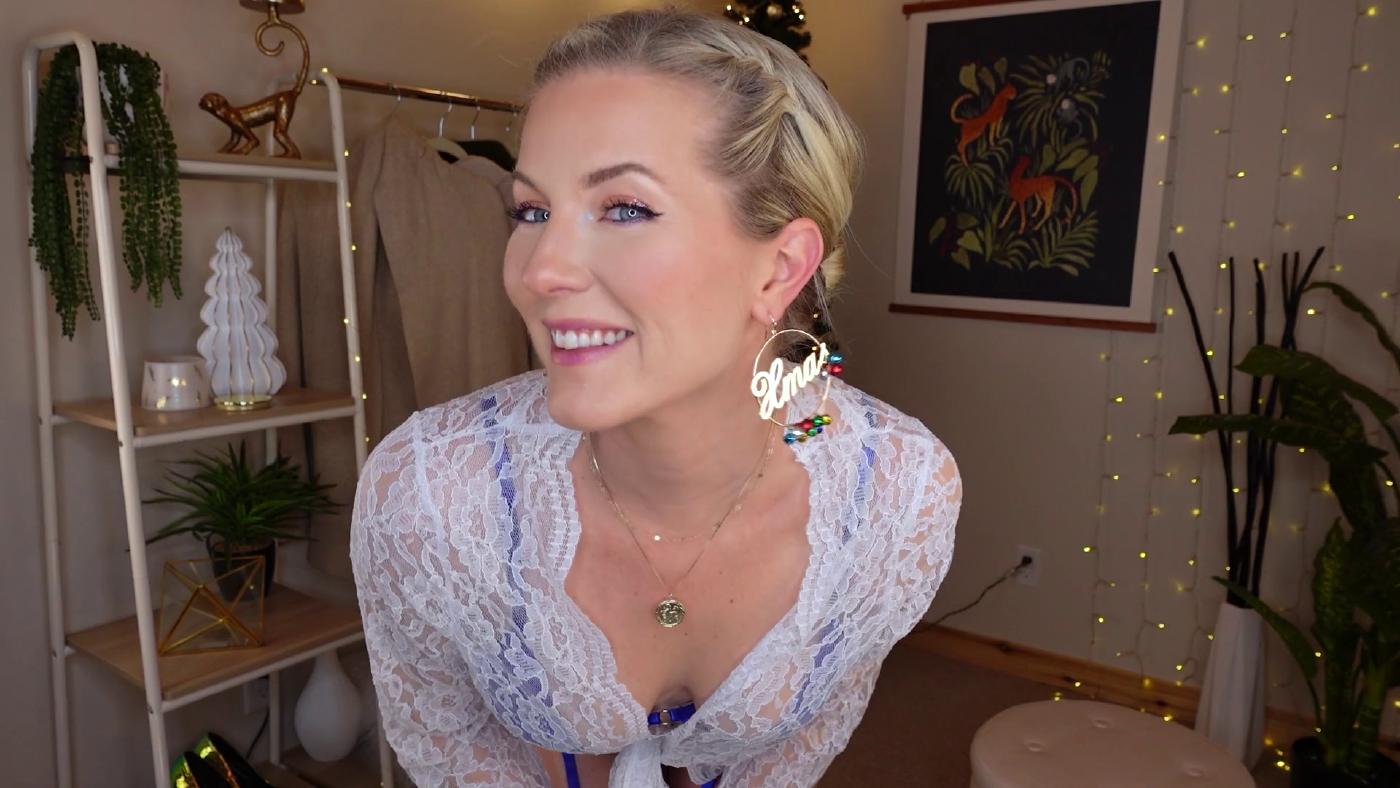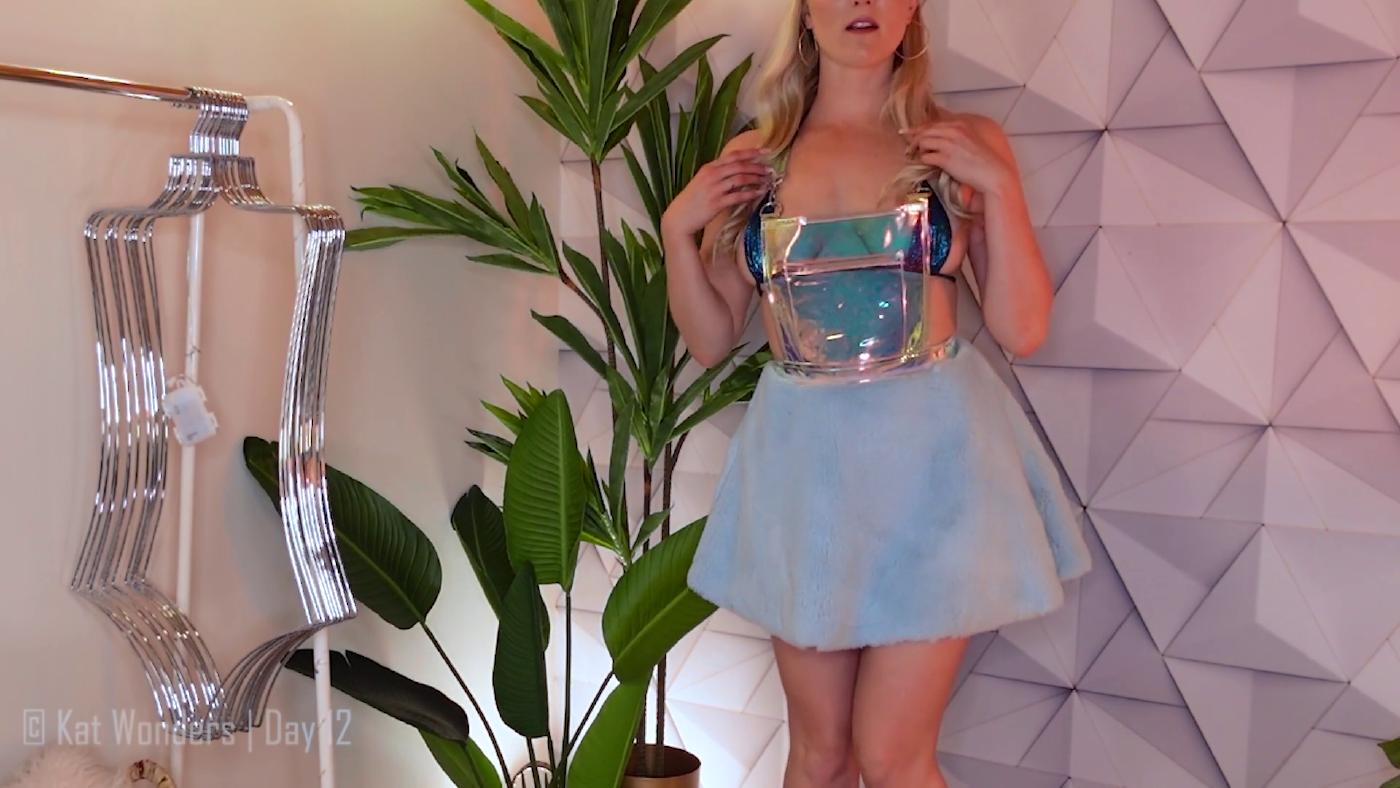Is the pursuit of online fame eroding the very fabric of ethical behavior? The recent surge in "influencers gone wild" incidents suggests a disturbing trend: the boundaries of acceptable conduct are being pushed further than ever before in the relentless quest for clicks, likes, and ultimately, currency.
Social media has irrevocably altered the landscape of communication, transforming how we connect, share, and consume information. Platforms like Instagram, TikTok, YouTube, and Twitter have birthed a new breed of celebrity: the influencer. These individuals have cultivated massive followings by offering glimpses into their lives, sharing opinions, and showcasing their talents. This new reality, however, has brought with it a darker side, a world where the allure of influence can lead down a treacherous path.
The "influencers gone wild" phenomenon is a complex and multifaceted issue. Its a reflection of a digital culture that often prioritizes spectacle over substance, immediate gratification over long-term consequences. While influencers can offer significant value in terms of entertainment, cultural commentary, and even driving positive social change, they are increasingly facing immense pressure. The pressure to remain relevant, to grow their audience, and to monetize their platforms often leads some down a path of questionable decisions. These decisions, born from the need to stand out and capture attention, can range from ethically ambiguous to outright illegal. This behavior not only sets new trends but also significantly reshapes social norms, influencing lifestyle choices, moral compasses, relationship dynamics, and fashion standards.
Influencers walk a tightrope, constantly balancing shock value with the need for genuine connection, all in an effort to spark strong engagement and maintain public interest. But as they navigate this precarious terrain, the line between authentic expression and calculated manipulation becomes increasingly blurred. The actions of these influencers, whether intentional or not, have a ripple effect, shaping how millions of people perceive the world, interact with each other, and define success. The question is, at what cost?
Consider the hypothetical case of "Sarah Chen," a fictional influencer whose trajectory mirrors the rise and potential pitfalls of the modern social media landscape. Sarah, much like countless others, started with a genuine passion: sharing her love of cooking. She meticulously crafted her online persona, documenting delicious recipes, offering cooking tips, and building a loyal following. Sarahs platform grew steadily, attracting brands eager to collaborate. She started earning a comfortable income, and her life seemed to be everything she had ever wanted. However, the pressure to maintain this success began to mount. She found herself needing to post more frequently, to be more "eye-catching," and to keep pace with the rapidly evolving trends of social media. What started as a passion turned into a high-stakes game, and she eventually began to make questionable decisions, blurring ethical lines to maintain her position. This could mean promoting products with dubious claims, staging photos that misrepresented the truth, or engaging in drama for the sake of engagement. Eventually, one misstep can set off a chain reaction, eroding her reputation and costing her the followers she worked so hard to gain. The story of Sarah Chen, while fictional, is a potent illustration of the struggles many influencers face.
The rise of "influencers gone wild" is a symptom of a deeper problem: the monetization of attention. Social media platforms, driven by advertising revenue, are incentivized to keep users engaged for as long as possible. This creates an ecosystem where sensationalism, controversy, and even unethical behavior can be rewarded with increased visibility. Influencers, understanding this dynamic, are often compelled to participate in this system to survive. The pursuit of digital fame, therefore, can turn into a race to the bottom, where the loudest voices and the most outrageous actions often prevail.
The ethical dilemmas faced by influencers are not limited to their online personas. The pressure to maintain a curated image can seep into their personal lives, leading to issues with authenticity, mental health, and relationships. They might feel compelled to constantly portray themselves in a positive light, even when they are struggling. They may develop an unhealthy obsession with likes and comments, leading to anxiety and depression. The constant need to be "on" can be exhausting, and the fear of losing followers can be paralyzing.
The prevalence of "influencers gone wild" serves as a stark reminder of the ethical challenges inherent in the pursuit of digital fame. The actions of influencers have a profound impact on their audiences, shaping opinions, influencing behaviors, and setting cultural norms. It is crucial that both influencers and their audiences prioritize responsibility, transparency, and ethical behavior.
Let's delve deeper into the anatomy of this phenomenon. We'll explore specific examples of behaviors that fall under the "influencers gone wild" umbrella, examine the underlying causes, and analyze the potential solutions. This is more than just a cautionary tale; it's a necessary examination of how social media is changing us, both individually and collectively. Let's examine this in the form of a table with hypothetical persona.
| Category | Details |
|---|---|
| Influencer Name (Fictional) | Anya Sharma |
| Age | 28 |
| Platform(s) | Instagram, TikTok |
| Follower Count (approx.) | 5 Million |
| Content Focus (Initially) | Fashion, Travel, Lifestyle |
| "Gone Wild" Behaviors |
|
| Ethical Violations | Misleading Advertising, Lack of Transparency, Potential for Audience Harm |
| Impact on Audience |
|
| Consequences |
|
| Reference Website (Hypothetical) | www.exampleethics.com/influencer-ethics |
One of the most prevalent concerning trends among influencers is the promotion of products without proper disclosure, and sometimes, without considering the potential impact on their followers. Many influencers engage in "sponsored content," partnering with brands to promote their products or services. While this is a legitimate way for influencers to monetize their platforms, the lack of transparency can become a problem. Many influencers are not clearly labeling their sponsored content, leading to audience deception. Moreover, some are promoting products that may have dubious claims or even potential health risks, without properly vetting them. The recent boom in promoting weight loss products, cosmetic procedures, and get-rich-quick schemes are examples of this issue.
Another concerning form of influencer gone wild behavior involves the manipulation of images and videos. Many influencers rely on digital editing tools to enhance their appearance or create idealized versions of their lives. This, in and of itself, isn't new, but the extent to which it's being used, and the lack of transparency surrounding it, is. Some influencers go to extreme lengths to create unrealistic standards, which, in turn, can have a negative impact on their audience's self-esteem and mental health. This may include using filters to smooth skin, altering body shapes, and creating the illusion of lavish lifestyles.
Furthermore, the pursuit of online fame often encourages influencers to participate in online drama and controversial activities. This can range from public feuds and conflict with other influencers, to the spread of misinformation or the promotion of harmful stereotypes. The desire to provoke strong reactions, to gain attention, and to boost engagement leads some influencers to cross the line between harmless entertainment and truly inappropriate behavior.
The ethics of Influencers is becoming a prominent discussion and a major concern. Here is a brief list:
| Ethical Principle | Description |
|---|---|
| Transparency | Openly disclosing sponsored content, affiliations, and any other potential conflicts of interest. |
| Authenticity | Presenting genuine experiences and opinions, rather than manufacturing a false image. |
| Responsibility | Considering the potential impact of content on audience members, including mental and physical health. |
| Honesty | Avoiding the spread of misinformation and making honest claims about products and services. |
| Respect | Treating audience members and fellow influencers with respect and avoiding the promotion of hate speech or discrimination. |
Addressing the "influencers gone wild" phenomenon is a multifaceted challenge that requires a concerted effort from multiple stakeholders. Influencers need to prioritize their own ethical conduct. They should be transparent about their sponsored content, vet the products they promote, and avoid engaging in behavior that could harm their audience. Social media platforms also have a role to play. They can implement stricter guidelines, invest in better moderation tools, and penalize influencers who violate ethical standards. Further, regulation might be necessary, as in some markets, advertising laws are being applied to influencers to ensure they are accountable for their endorsements. The consumers themselves should be educated to be critical and well-informed consumers and question the content they are viewing and understand the potential for manipulation. The education can come through media literacy programs.
In conclusion, the "influencers gone wild" phenomenon is not just a fleeting trend; it's a symptom of a larger shift in how we communicate and consume information. It underscores the importance of ethical behavior, transparency, and responsibility in the digital age. As social media continues to shape our cultural norms and influence public opinion, it is imperative that all stakeholders influencers, platforms, and audiences work together to create a more ethical and sustainable digital ecosystem.


